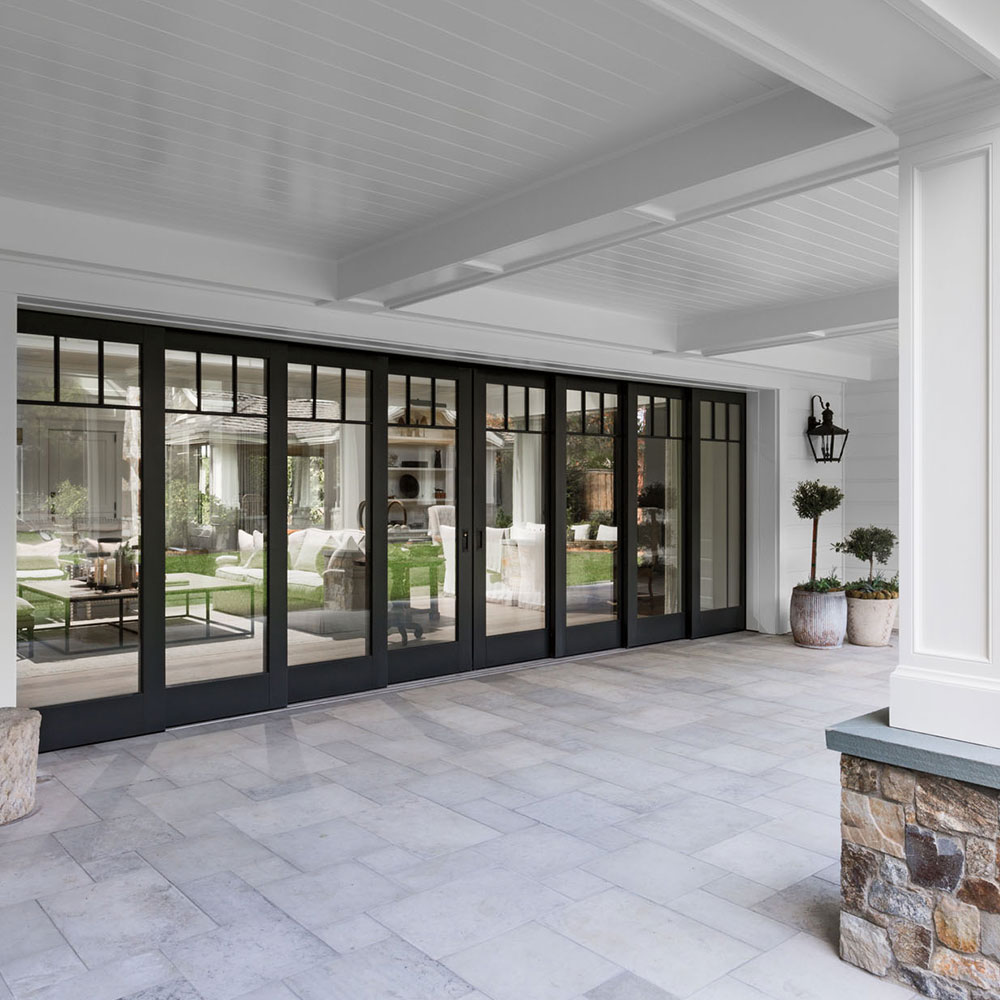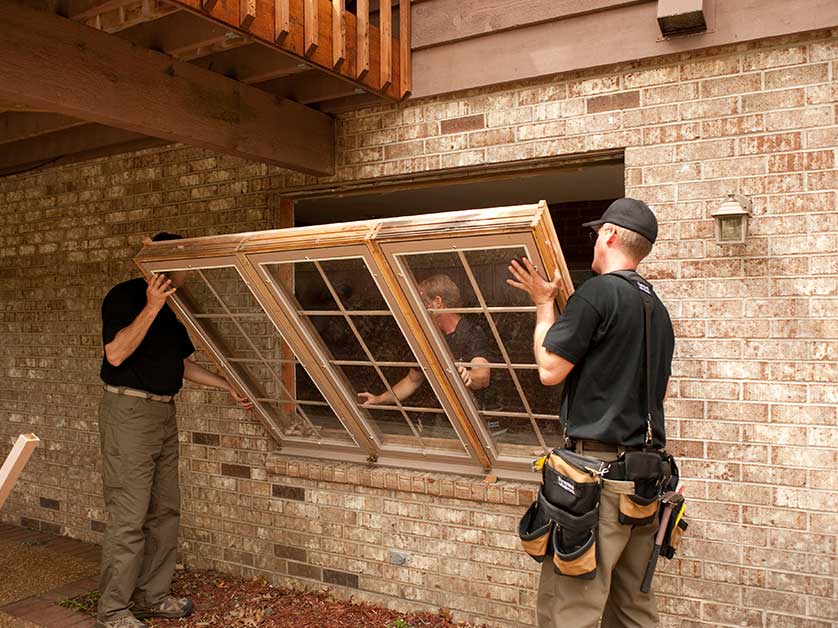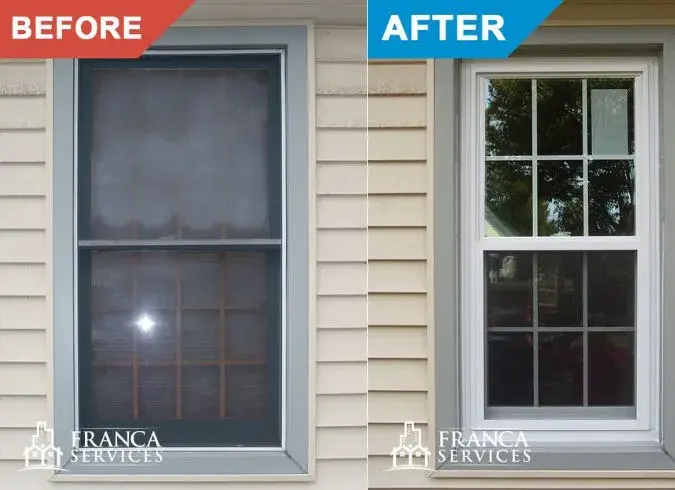Upgrade Your Home With Energy-Efficient Window Substitutes
In the realm of home enhancement, the choice to update to energy-efficient window substitutes can significantly influence both the capability and visual appeals of a residence. Past the surface area level of simple visual appeals, energy-efficient home windows provide a plethora of benefits that go beyond simple curb allure.
Advantages of Energy-Efficient Windows

The setup of energy-efficient windows supplies substantial cost savings on utility bills while boosting environmental sustainability. Energy-efficient windows are made to minimize warmth loss and gain, decreasing the demand for heating and cooling down systems to function overtime. By efficiently insulating the home, these home windows help keep a comfortable indoor temperature level year-round, resulting in lower power usage and reduced utility costs. In addition, energy-efficient home windows can help manage dampness degrees within the home, reducing the risk of mold and mildew development.
Beyond the monetary benefits, energy-efficient windows contribute to environmental sustainability by decreasing carbon exhausts connected with power manufacturing. By reducing power use, these windows assist alleviate the environmental influence of cooling, heating, and illumination residential areas. This decrease in power usage plays a vital function in combating climate modification and advertising a greener future for generations ahead. On the whole, investing in energy-efficient windows not only enhances the comfort and performance of a home yet likewise lines up with environmentally aware techniques.
Sorts Of Energy-Efficient Glass
Numerous innovative sorts of energy-efficient glass deal one-of-a-kind residential properties that deal with various needs and choices in enhancing the sustainability and performance of buildings. Low-emissivity (Low-E) glass is a popular choice developed to reduce the amount of ultraviolet and infrared light that can pass via the glass, therefore reducing warmth transfer. This sort of glass aids maintain a consistent interior temperature, minimizing the need for heating or cooling down systems, and inevitably lowering power expenses. An additional cutting-edge choice is spectrally selective glass, which enables noticeable light to go through while obstructing certain kinds of infrared radiation. This helps in keeping a comfortable indoor atmosphere while lessening heat gain. Triple-pane glass, containing three layers of glass with protecting gas between them, supplies boosted thermal insulation, making it highly energy-efficient. Furthermore, self-cleaning glass with a special covering that damages down and loosens dirt when subjected to sunshine can decrease maintenance requirements and maintain windows looking tidy. Each kind of energy-efficient glass provides distinct advantages, permitting property owners to choose the most ideal choice based on their particular needs and objectives.
Variables to Think About When Selecting
When pondering energy-efficient home window substitutes, it is essential to very carefully analyze particular variables that line up with your sustainability objectives and desired power cost savings. The U-factor steps just how well the window insulates, with reduced numbers indicating much better insulation, while the SHGC indicates the window's ability to block heat from sunlight. By meticulously examining these factors, you can pick energy-efficient windows that improve convenience, decrease power expenses, and profit the environment.
Installation and Maintenance Tips

Regular upkeep is key to preserving the performance of your energy-efficient windows. Check the home windows periodically for any kind of signs of damage, sealant, or wear deterioration. Clean the frames, tracks, and glass on a regular basis utilizing light soap and water to remove dirt and crud that can impact efficiency. Examine the weather-stripping and seals for any splits or spaces and replace them if required to maintain the windows' power effectiveness.
In addition, lube relocating parts such as hinges and locks to guarantee smooth procedure. By complying with these setup and maintenance suggestions, you can you could try here boost the power efficiency of your home and extend the life-span of your energy-efficient windows.
Cost-Benefit Evaluation of Upgrading

Energy-efficient home windows are created to decrease warm transfer, lowering the demand for heating and cooling systems to work overtime. This can lead to significant savings on energy bills, particularly in regions with severe temperature levels. In addition, energy-efficient windows can improve the total worth of your home, making it much more attractive to potential customers if you make a decision to sell visit this page in the future.
When computing the cost-benefit analysis, consider the potential financial savings on power costs, any type of readily available motivations or rebates, and the life-span of the windows. While the preliminary price might be higher, the long-term financial savings and benefits of energy-efficient home windows make them a wise financial investment for property owners seeking to enhance their residential property's power efficiency and value.

Final Thought
To conclude, updating to energy-efficient home window replacements uses countless advantages such as lowered power consumption, enhanced convenience, and cost savings. By choosing the proper kind of energy-efficient glass and considering factors like framework material and installation, home owners can take full advantage of the effectiveness of their windows. Regular upkeep and correct installation are vital for lasting efficiency. In general, the cost-benefit analysis of updating to energy-efficient home windows reveals that the preliminary investment can bring about substantial cost new double glazed windows savings in the lengthy run.
When contemplating energy-efficient window replacements, it is necessary to carefully analyze specific variables that line up with your sustainability goals and wanted power savings. The U-factor measures just how well the home window shields, with reduced numbers indicating far better insulation, while the SHGC suggests the window's capability to block warmth from sunlight. By very carefully examining these aspects, you can choose energy-efficient windows that improve convenience, reduce energy costs, and benefit the environment.
While energy-efficient home windows may have a higher upfront expense compared to standard home windows, the long-lasting benefits often outweigh the first investment.In verdict, upgrading to energy-efficient window replacements supplies numerous advantages such as minimized power consumption, enhanced convenience, and cost financial savings.